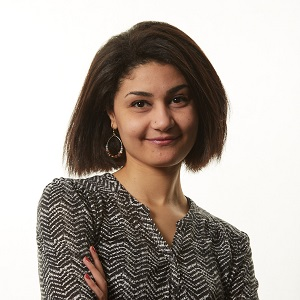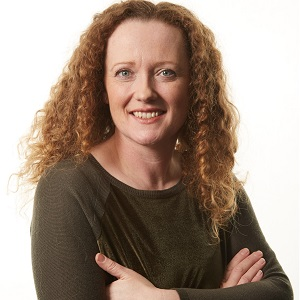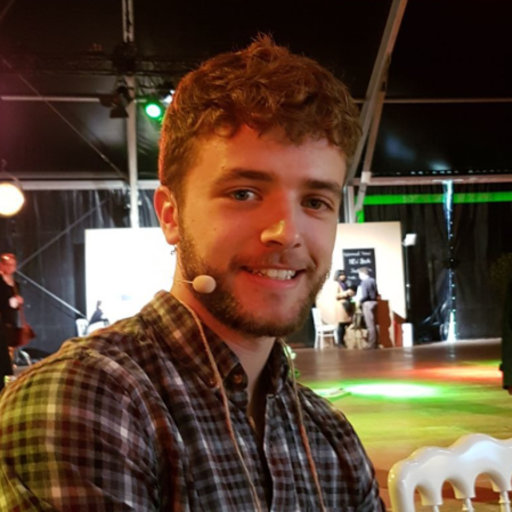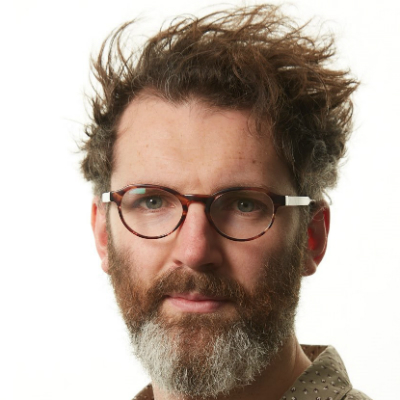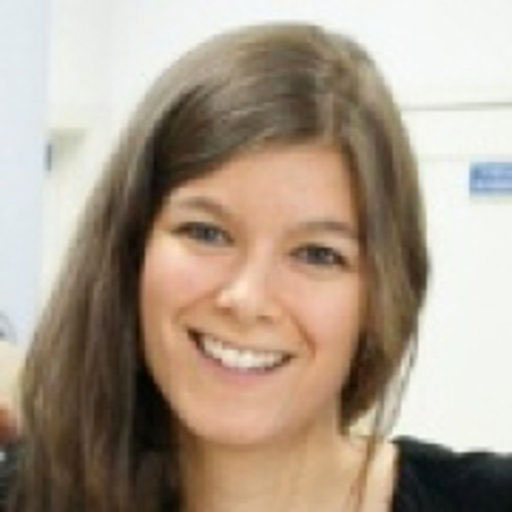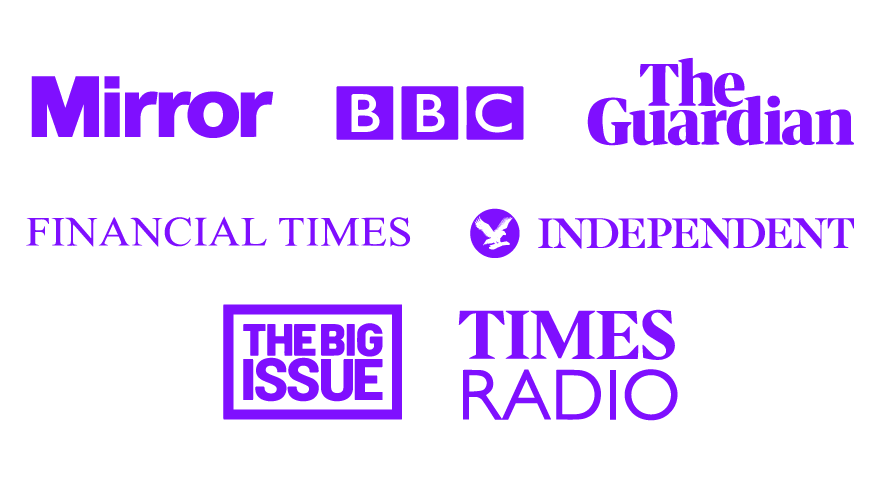At the time of the COVID-19 outbreak in March 2020 in the UK, we were in the field, collecting Financial Diaries data from financially vulnerable individuals. We knew back then that the impact of the pandemic would not be felt equally, and that our research participants were likely to be amongst those hit hardest by COVID-19 and the associated social and economic crisis. Three national UK lockdown’s later and we are in the field again with a similar study, conducting a one-year project funded by the ESRC, as part of UK Research & Innovation’s (UKRI) rapid response to COVID-19.
Our FinWell-COVID study seeks to better understand changes in people’s financial lives, health and wellbeing induced by COVID-19 itself as well as its associated interventions (e.g. social distancing and isolating) in vulnerable members of society.
The Dilemma
FinWell-COVID is the third project in a programme of work aimed at better understanding the link between finances and health and wellbeing, including the ways that might facilitate this relationship. The project aims to: (1) better understand how vulnerable individuals manage their finances during the COVID-19 pandemic; (2) assess the specific financial issues that they encounter due to COVID-19 and its associated interventions, the strategies they use to improve their situation and how these strategies link to their health; and (3) explore subjective views of community participants and stakeholders on COVID-19 and associated interventions.
All FinWell projects take a mixed-method approach using Financial Diaries and Q methodology. In previous projects, FinWell-Glasgow (2014-2017) and FinWell-London (2019-2020), using Financial Diaries, we found that individuals living on low to moderate incomes have extremely complex and sophisticated financial lives.
Financial Diaries are used to gain an in-depth insight, over time, of the daily financial management strategies of the financially vulnerable. Financial Diaries can capture information on the type of events that may affect individual finances, the coping mechanisms used, and how financial management connects to other aspects of participants’ lives such as their health and wellbeing.
This time, the realities of the COVID-19 pandemic and associated interventions (such as lockdown, physical and social isolation) meant the remote collection of Financial Diaries. Financial Diaries are intensive and need repeated interactions with participants for baseline surveys, weekly diary collection, monthly interviews (typically for 6 to 7 months) and incentive payments. For such challenging research, building rapport between researchers and participants is crucial.
The dilemma was: How can we engage participants and collect in-depth data on individual’s financial lives during a global pandemic?
The planning
For participants’ recruitment, we reached out to 66 participants who had previously been part of our FinWell Glasgow and London projects and who had given permission to be recontacted. Our pool of participants possessed diverse socio-economic characteristics in relation to age, gender, ethnicity, immigration status, health conditions and employment status- but one specific characteristic is persistent across all participants: they are all living on low-to-moderate income.
We put a lot of thought and consideration into planning and designing the research project. Particularly, researching, examining, investigating Data Protection issues, and piloting several tools that could facilitate remote data collection and communication; such as online ethnography platforms, online survey tools and remote communication tools. A key concern was the issue of inclusion and whether the tools we tested would be accessible to participants. Aiming for ‘digital inclusion’, we created what we call a ‘preference form’ for the participants' enrolment stage (conducted via phone calls/emails), where we ask potential participants for their communication and participation preferences from a list of options.
For each stage of the research, there were different options available. For example, phone calls, texts, paper and electronic (excel) diaries, post, messaging and calling apps (WhatsApp), and online collaboration tools (MS Teams). Other questions related to the availability and accessibility of smartphones, tablets, computers and internet connection. These questions enabled us to customize the mode of participation according to each participant's preferences.
What worked and what did not work?
The impact of the pandemic on our previous participants was evidenced at the recruitment stage. A number of them declined the invitation to take part in the research due to the negative impact of the pandemic. Reasons included: workload -especially for key workers-, increasing care responsibilities, stress due to job hunting (lost jobs during the pandemic), struggling with the consequences of domestic violence that occurred during the pandemic and others who reported changes in their circumstances such as moving out of the city.
For diaries completion, the majority of the participants chose to complete a handwritten weekly diary using a Financial Diaries booklet which was designed, printed and sent to them by post for self-completion. The booklet is organised into weekly diaries, and each weekly diary includes sections to capture data on income, expenditures, savings, gifts and health-related and financial-related events. Upon completion of the weekly diary, participants are asked to send a picture of their anonymised diaries via WhatsApp or by email. Upon completing a full month’s diary, we conduct a monthly interview via phone/video calls to discuss diaries. However, others were unable to use any of these options. This was due to health conditions that make it difficult for them to use such tools or self-complete weekly diaries (such as Dyslexia or sight problems), lack of financial literacy skills or lack of digital literacy skills despite having access to smartphones, laptops and the internet. Instead, for these participants arrangements were made to accommodate their needs and collect their diaries in a way that is most suitable for them. For example, by making weekly phone calls to collect diaries, or agreeing to collect monthly diaries in person, meeting them in a public place and at a safe distance.
What is next?
Research on poverty to understand how individuals are affected by the COVID-19 pandemic has increased over the past year. However, methodological challenges that may occur while conducting research amidst a global pandemic are still unfolding. Our experience in FinWell-COVID so far indicates that in order to reach the most seldom heard individuals, a flexible, multi optional approach that addresses digital exclusion challenges, beyond the availability of digital tools, such as smartphones, computers and internet connection, is required.
Bios
Fatma Ibrahim, PhD researcher at the Yunus Centre for Social Business and Health, Glasgow Caledonian University. She is an Associate Fellow in HEA and a researcher in Finwell Glasgow and FinWell COVID research projects.
Dr Linda Fenocchi is a health economist and researcher at the Yunus Centre for Social Business and Health, Glasgow Caledonian University. She is a former UK civil servant, currently working on FinWell COVID study.
Dr Jack Stout Rendall is a researcher at the Yunus Centre for Social Business and Health, Glasgow Caledonian University. He is currently working on the Q Methodology study within FinWell COVID, alongside other research including a social procurement project and a study on mutual aid.
Dr Neil McHugh is a Reader at the Yunus Centre for Social Business and Health, Glasgow Caledonian University. His research lies at the intersection between ways to improve societal health and wellbeing and distributive justice.
Dr Olga Biosca, Reader at the Yunus Centre for Social Business and Health, Glasgow Caledonian University, is the Principal Investigator of the FinWell research programme which explores the connection between financial management and health and wellbeing.
More information
FinWell COVID is a one-year research project funded by ESRC (grant number ES/V01532X/1). The principal investigator is Dr Olga Biosca, Yunus Centre for Social Business and Health in Glasgow Caledonian University (GCU). Other members in the research team, also from GCU unless otherwise specified, are Professor Rachel Baker, Dr Enrico Bellazzecca, Professor Cam Donaldson, Professor Jonathan Morduch (NYU) and Professor Antony Morgan.
